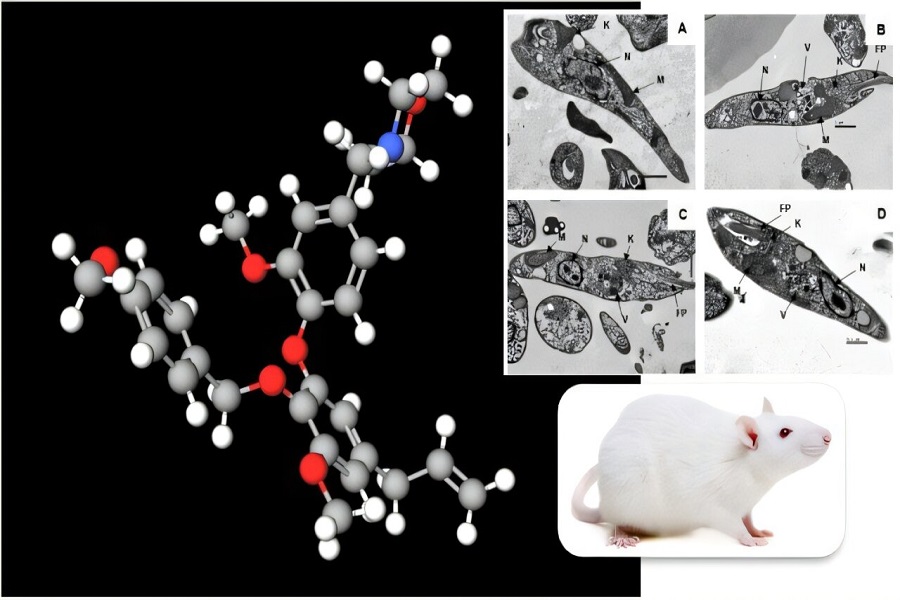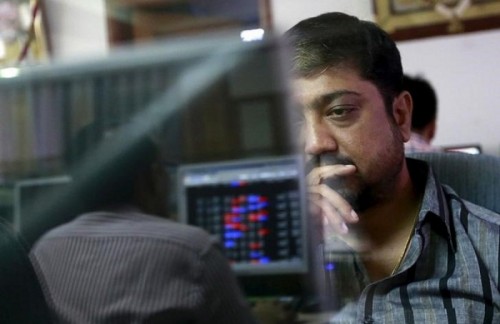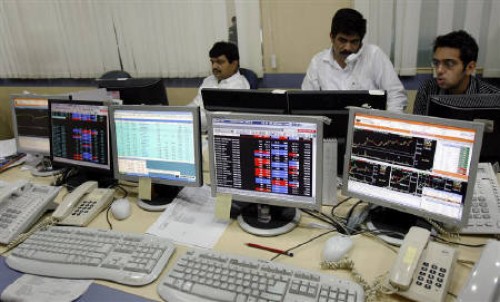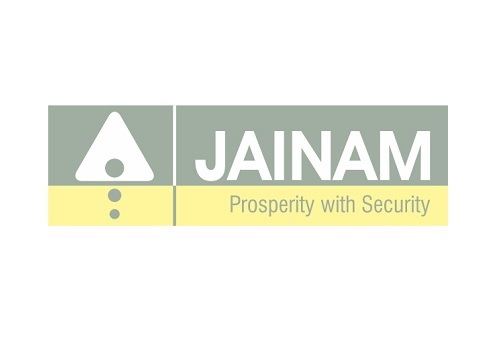Benchmarks snap four-day losing streak on Tuesday

Follow us Now on Telegram ! Get daily 10 - 12 important updates on Business, Finance and Investment. Join our Telegram Channel
Indian equity benchmarks made a comeback on Tuesday following four days of losses. Strength in metal, power and utilities shares led the rebound in the headline indices. Domestic stocks staged a gap down opening, as traders remained cautious as foreign institutional investors (FIIs) net sold shares worth Rs 3,438.76 crore in the Indian equity market on November 22. Some cautiousness also came with Crisil ratings report that the demand growth for petrol and diesel is going to be severely impacted due to push towards compressed natural gas (CNG), ethanol blending and electric vehicles. Traders also took a note of a senior RBI official witting on the rate-setting panel said that the Monetary Policy Committee (MPC) should not continue with unconventional measures now, and it is possible to have lower liquidity levels while continuing with the growth-enhancing accommodative stance.
But, frontline indices thereafter recouped losses and rebounded into the positive zone in noon deals, as some respite came in as an SBI research report stated that the country's GDP growth is likely to be around 8.1 per cent in the second quarter of the current financial year and in the range of 9.3-9.6 per cent during fiscal 2022. It added that in the first quarter of FY 22, the economy grew 20.1 per cent. Sentiments remained positive with Fitch Ratings’ report that the Centre could better its fiscal deficit at 6.6 per cent of GDP in this financial year (FY22) on stronger-than-expected revenue buoyancy, even if the budgeted disinvestment target is not met. In the 2021-22 (April-March) Budget presented on February 1, the government had pegged the fiscal deficit, or gap between the Centre's expenditure and revenue, at 6.8 per cent of GDP or Rs 15.06 lakh crore. Adding more optimism, the preliminary data of the commerce ministry showed that the country's exports rose 18.8 per cent to $20.01 billion during the three week period of this month (November 1-21), due to healthy growth in sectors such as petroleum products, engineering goods, chemicals and gems and jewellery.
On the global front, Asian markets ended mostly lower on Tuesday following the negative cues from Wall Street, as Treasury yields and the U.S. dollar jumped on concerns over quicker policy tightening after President Joe Biden announced his intent to nominate Jerome Powell for a second term as Federal Reserve Chair. European markets were trading lower amid signs that Europe is once again becoming the epicenter of the Covid-19 pandemic, bringing lockdowns back to some regions. Rate-hike concerns also dented sentiment, with investors now betting on an ECB rate hike next year to cool off inflation.
Finally, the BSE Sensex rose 198.44 points or 0.34% to 58,664.33 and the CNX Nifty was up by 86.80 points or 0.50% to 17,503.35.
The BSE Sensex touched high and low of 58,834.95 and 57,718.34, respectively and there were 21 stocks advancing against 9 stocks declining on the index.
The broader indices ended in green; the BSE Mid cap index rose 1.61%, while Small cap index was up by 1.81%.
The top gaining sectoral indices on the BSE were Metal up by 3.48%, Power up by 3.20%, Utilities up by 3.11%, Realty up by 2.35% and Basic Materials up by 2.13%, while IT down by 0.19% was the lone losing index on BSE.
The top gainers on the Sensex were Power Grid Corporation up by 3.91%, NTPC up by 2.53%, Tata Steel up by 2.38%, Bharti Airtel up by 2.35% and Sun Pharma up by 1.73%. On the flip side, Indusind Bank down by 2.59%, Asian Paints down by 2.35%, Infosys down by 1.49%, Bajaj Auto down by 0.26% and Maruti Suzuki down by 0.21% were the top losers.
Meanwhile, Fitch Ratings, the international rating agency, has said the Centre could better its fiscal deficit at 6.6 per cent of GDP in this financial year (FY22) on stronger-than-expected revenue buoyancy, even if the budgeted disinvestment target is not met. In the 2021-22 (April-March) Budget presented on February 1, the government had pegged the fiscal deficit, or gap between the Centre's expenditure and revenue, at 6.8 per cent of GDP or Rs 15.06 lakh crore.
At the end of September, which is six months in the financial year, the fiscal deficit touched 35 per cent of budget estimates. The international rating agency had last week kept the sovereign rating unchanged at 'BBB-' with a negative outlook, and said that the risks to India's medium-term growth outlook are narrowing with rapid economic recovery from the pandemic and easing financial sector pressures.
Fitch Ratings Director (Asia-Pacific Sovereigns) Jeremy Zook said the two key positive triggers that could lead to a revision of the outlook to stable are implementation of a credible medium-term fiscal strategy to lower debt burden and higher medium-term investment and growth rates without the creation of macroeconomic imbalances, such as from successful structural reform implementation and a healthier financial sector.
The CNX Nifty traded in a range of 17,553.70 and 17,216.10 and there were 40 stocks advancing against 10 stocks declining on the index.
The top gainers on Nifty were Power Grid Corporation up by 4.02%, JSW Steel up by 4.00%, Coal India up by 3.95%, NTPC up by 2.61% and Adani Ports and SEZ up by 2.23%. On the flip side, Asian Paints down by 2.60%, Indusind Bank down by 2.57%, Infosys down by 1.81%, Axis Bank down by 0.35% and Titan Company down by 0.26% were the top losers.
European markets were trading lower; UK’s FTSE 100 decreased 3.24 points or 0.04% to 7,252.22, France’s CAC decreased 27.84 points or 0.39% to 7,077.16 and Germany’s DAX decreased 143.56 points or 0.89% to 15,972.13.
Asian markets ended mostly lower on Tuesday due to bets of quicker interest rate hikes in United States after President Joe Biden nominated Jerome Powell for a second term as Fed chairman and current Fed Governor Lael Brainard as vice chair. While, resurgence of corona-virus infections in Europe also weighed on market sentiments. Hong Kong shares declined as tech shares fell on signs of Beijing’s continued tight scrutiny of the tech sector. However, Chinese shares rose on optimism for China policy easing, after the Chinese central bank People’s Bank of China reportedly cut several phrases on policy restraint in its quarterly report. China Evergrande Group shares jumped along with those of its electric vehicle and property management units after the company said it planned to raise around $347 million in a share placement. Meanwhile, the Japanese market was closed on account of Labor Thanksgiving Day.
Above views are of the author and not of the website kindly read disclaimer










Tag News

Weekly Market Analysis : Markets strengthened recovery and gained nearly 2% in the passing w...



More News

Undecisive Nifty Continues to trades in no Trading Zone By Mr. Rohan Patil, Samco Securities










